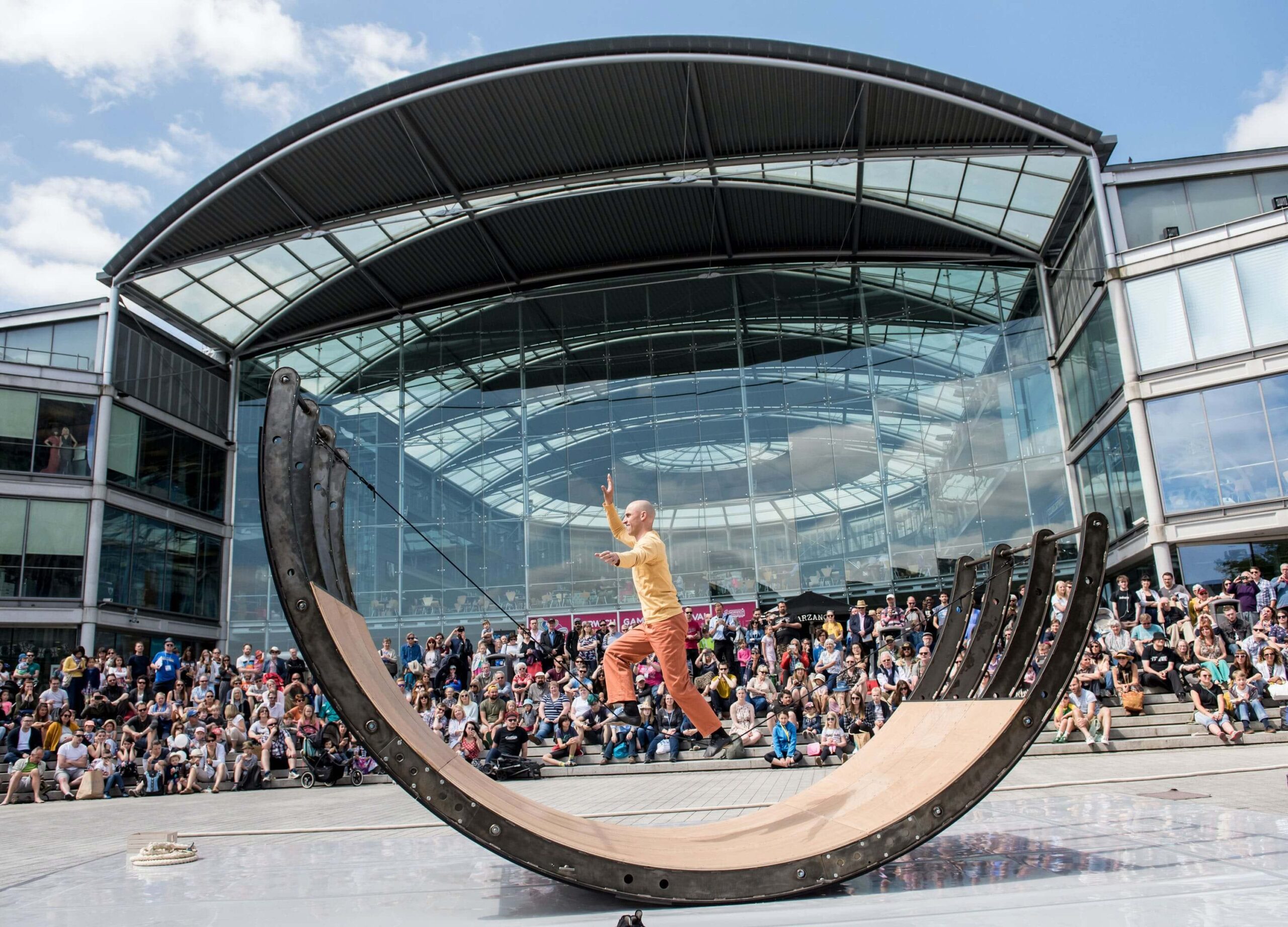Freehold Vs Leasehold
If you have been looking for a new home you may have run across the terms “leasehold” and “freehold”.
It’s important to understand these terms when you’re looking for the perfect place to call home.
Each one comes with its own advantages as well as disadvantages and you should be aware of all of these different factors.
Freehold HomesIf you see a freehold home for sale it means that you will be buying both the home as well as the land. If you acquire a leasehold property you’ll be purchasing the building only. With a freehold property you’ll have complete ownership of the grounds and the home and will have freedom in terms of how it is being used. You will also be responsible to maintain the grounds according to the regulations in your local area. |
Leasehold PropertiesA leasehold property, typically a flat, will usually have a lease that’s say 99, 125, 250 or 999 years in length from the date it started. With the longer leases this isn’t a problem as it’ll expire way past your lifetime, though (inevitably) lease lengths will shorten over time – so if you buy a property with say a 125 year lease or 99 year lease and it runs down to say 80 years, you may struggle to get a mortgage on the property. Typically there is a management company instructed to maintain the building and land, though this comes with a cost that you cannot challenge. Costs of insurance can increase, there will be contributions to maintenance and repair required. |
 Freehold Advantages and Disadvantages
Freehold Advantages and Disadvantages
One of the top advantages of buying a freehold property is being able to do what you want to the property. You also won’t have to pay for grounds maintenance or upkeep since you’ll have the option to do it on your own. When you don’t have any extra payments to make on a lease or upkeep, it’s a lot easier to create a budget and stick to it every month.
The main disadvantage of buying a freehold property is the cost. You will have to pay more since you are also buying the land and not just the home. This all works out in the end, however, since when it comes time to sell the property you’ll be able to sell it at a higher price than a leasehold home.
Purchasing a Share of a Freehold Property
You can also choose to buy a share of a freehold, which gives you a say in the upkeep of the land and the building. You’ll also receive a never-ending lease, but you could potentially run into problems if you don’t agree with the other neighbouring leaseholders in terms of work and repairs. This could get expensive if you want to make changes to the property but others won’t chip in and help with the expenses.
Commonhold is a type of freehold that means that the other leaseholders occupying the building are freeholders as well. In this scenario, everyone that has a common hold will be responsible for decisions regarding repairs and maintenance costs. Quite often there are meetings involved where all of the leaseholders get together to make major decisions.


